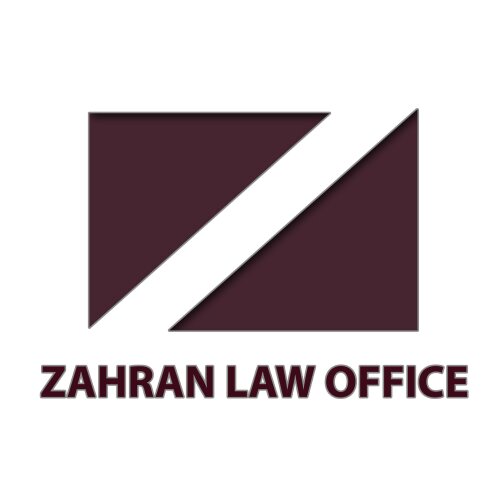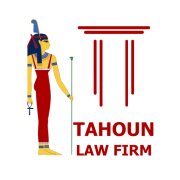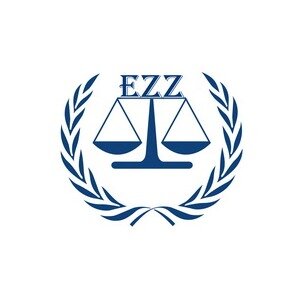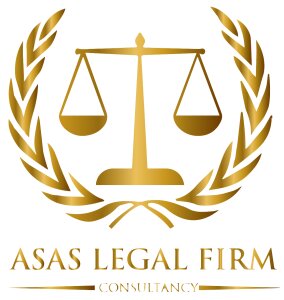Best Natural Resources Lawyers in Cairo
Share your needs with us, get contacted by law firms.
Free. Takes 2 min.
List of the best lawyers in Cairo, Egypt
About Natural Resources Law in Cairo, Egypt
Natural resources law in Cairo, Egypt encompasses a variety of areas including water resources, mineral extraction, land use, and environmental conservation. Egypt's reliance on the Nile River for agriculture and water supply, as well as its need for sustainable land use and mineral resources management, makes natural resources laws critical. These laws are designed to ensure the equitable use and preservation of resources while balancing economic growth and environmental sustainability.
Why You May Need a Lawyer
Individuals or businesses may need a lawyer in several situations related to natural resources. These could include navigating the complex permitting process for resource extraction, addressing disputes over land use or mineral rights, complying with environmental regulations, or handling litigation arising from resource-based projects. Legal expertise is crucial in understanding the intricate statutory and regulatory requirements, as well as in resolving disputes efficiently.
Local Laws Overview
The legal framework governing natural resources in Cairo primarily consists of laws and regulations by the Ministry of Water Resources and Irrigation, the Ministry of Environment, and the Ministry of Petroleum. Key regulations include:
- The Environmental Law No. 4 of 1994, which sets out provisions for environmental protection and pollution control.
- The Water Resources and Irrigation Law that deals with the management and usage of Egypt's vital water resources.
- The Mineral Resources Law, which governs the exploration and extraction of minerals.
These laws emphasize sustainable development, the protection of natural resources, and the promotion of economic growth in compliance with environmental standards.
Frequently Asked Questions
What are the main natural resources found in Cairo?
While Cairo itself does not have significant natural resource extraction industries, Egypt is rich in resources such as oil, natural gas, and minerals like phosphate and gypsum.
How does the government regulate water resources in Cairo?
The Egyptian government regulates water resources through the Ministry of Water Resources and Irrigation, focusing on efficient usage and distribution, especially concerning Nile water management.
What are the environmental regulations impacting natural resources in Cairo?
The Environmental Law No. 4 of 1994 plays a central role by laying down rules around environmental conservation, pollution control, and sustainable projects.
Can foreign companies invest in Egypt’s natural resource sectors?
Yes, foreign companies can invest, but they must comply with local laws and may require partnerships with local entities as per the investment regulations.
What legal issues might arise from land use in Cairo?
Legal issues can stem from zoning laws, disputes over property rights, or conflicts with urban development plans.
How are mineral rights controlled in Egypt?
Mineral rights are regulated under the Mineral Resources Law, requiring licenses and adherence to exploration and extraction guidelines.
What is the role of the Ministry of Petroleum regarding natural resources?
The Ministry oversees the exploration and extraction of petroleum and natural gas, ensuring compliance with safety and environmental standards.
Are there incentives for renewable energy projects in Cairo?
Yes, the government provides incentives like tax breaks for renewable energy projects to promote sustainable development.
How can I resolve a dispute over natural resources?
Resolving a dispute typically involves negotiation or mediation, but legal representation may be necessary for litigation or arbitration proceedings.
Where can I find more information on natural resources regulations?
Official publications from the Ministry of Environment and other relevant governmental bodies are excellent sources for regulations and updates.
Additional Resources
For those seeking further information or assistance, consider reaching out to:
- The Ministry of Water Resources and Irrigation
- The Ministry of Environment
- The Egyptian Environmental Affairs Agency (EEAA)
- The Ministry of Petroleum
- Local environmental NGOs for conservation efforts
Next Steps
If you require legal assistance in handling matters related to natural resources, consider these steps:
- Identify and document the nature of your legal needs, including any disputes or regulatory requirements.
- Consult with a lawyer specializing in natural resources law to understand your legal obligations and rights.
- Gather any necessary documentation or evidence to support your case or compliance efforts.
- Make use of free governmental resources or outreach programs, if available, to gain initial guidance.
Engaging a professional with local expertise can significantly aid in navigating the complexities of natural resources law in Cairo.
Lawzana helps you find the best lawyers and law firms in Cairo through a curated and pre-screened list of qualified legal professionals. Our platform offers rankings and detailed profiles of attorneys and law firms, allowing you to compare based on practice areas, including Natural Resources, experience, and client feedback.
Each profile includes a description of the firm's areas of practice, client reviews, team members and partners, year of establishment, spoken languages, office locations, contact information, social media presence, and any published articles or resources. Most firms on our platform speak English and are experienced in both local and international legal matters.
Get a quote from top-rated law firms in Cairo, Egypt — quickly, securely, and without unnecessary hassle.
Disclaimer:
The information provided on this page is for general informational purposes only and does not constitute legal advice. While we strive to ensure the accuracy and relevance of the content, legal information may change over time, and interpretations of the law can vary. You should always consult with a qualified legal professional for advice specific to your situation.
We disclaim all liability for actions taken or not taken based on the content of this page. If you believe any information is incorrect or outdated, please contact us, and we will review and update it where appropriate.

















